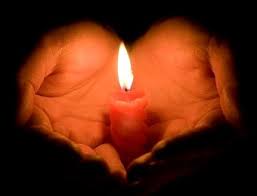 The mass shootings and murders at Umpqua College in Roseburg, Oregon has made this yet another difficult and tragic week in the United States.
The mass shootings and murders at Umpqua College in Roseburg, Oregon has made this yet another difficult and tragic week in the United States.
Again, another individual wrecked havoc on a community slaughtering unsuspecting innocents and destroying the lives of the families left behind. This murderer did this with weaponry that was too easily accessible.
We need to commit ourselves to keep guns out of the hands of people seeking to harm others as evidenced by a violent criminal history or by a struggle with mental illness. People who are inherently irresponsible cannot handle guns responsibly. It is reasonable to keep guns from them.
We cannot accept that mass murder and domestic terror are acceptable costs of living in the United States. Yet every time we allow no constructive action to reign in gun violence in this country we become part of the problem. These deaths are no longer just the responsibility of individual actors, be they angry or crazy. The blood is now on our hands. The responsibility is ours. As President Obama said in the wake of yesterday’s tragedy, “Our thoughts and prayers are not enough.” Indeed it is time to turn our revulsion into action. Write or Email your congressman as soon as you finish reading this and give the necessary support to overcome the politics of the gun lobby and demand an end to gun violence. Support responsible legislation that requires background checks of individuals for criminal and psychological issues; that requires documentation registration of all guns and all transfers of ownership, public and private; perform background checks on sale of ammunition; that requires training and licensing of gun owners. This cycle of horror will cease only when we demand a change.
Our condolences extend to the families that have been ripped apart by senseless violence. May we honor the memories of the slain through action to prevent this from happening again.
Shabbat Shalom.
